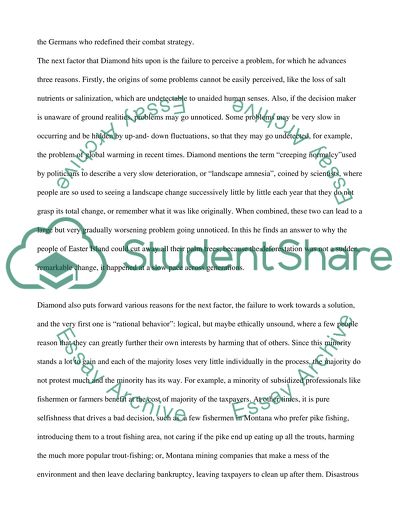Cite this document
(“Why some societies make disastrous decisions Essay”, n.d.)
Retrieved from https://studentshare.org/sociology/1508830-why-some-societies-make-disastrous-decisions
Retrieved from https://studentshare.org/sociology/1508830-why-some-societies-make-disastrous-decisions
(Why Some Societies Make Disastrous Decisions Essay)
https://studentshare.org/sociology/1508830-why-some-societies-make-disastrous-decisions.
https://studentshare.org/sociology/1508830-why-some-societies-make-disastrous-decisions.
“Why Some Societies Make Disastrous Decisions Essay”, n.d. https://studentshare.org/sociology/1508830-why-some-societies-make-disastrous-decisions.


